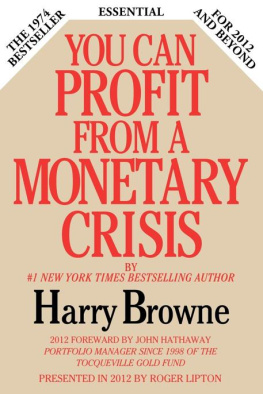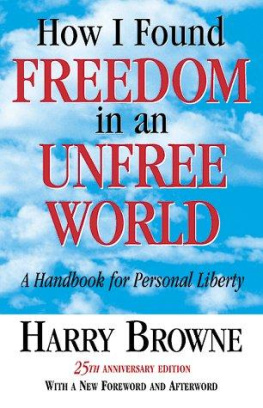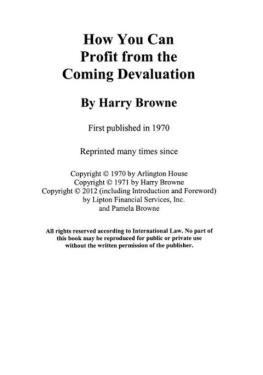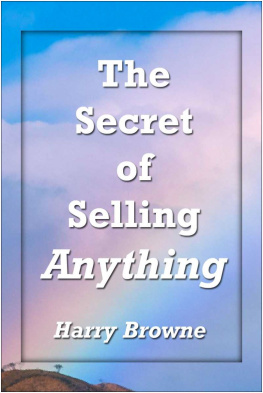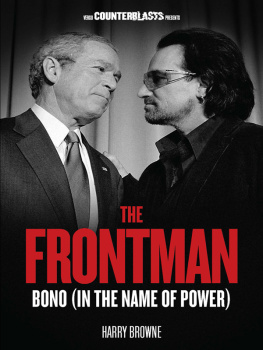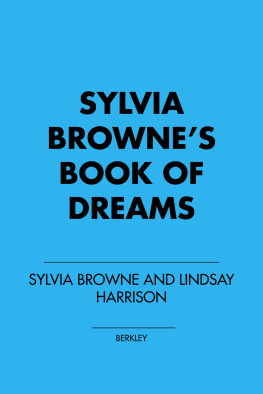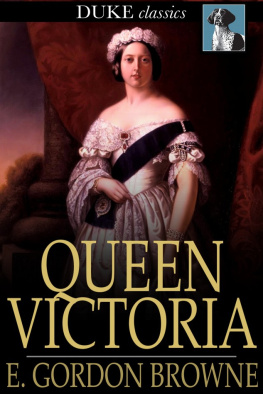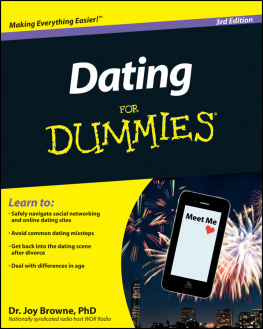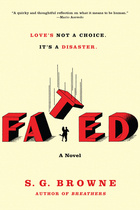Harry Browne - You Can Profit From A Monetary Crisis
Here you can read online Harry Browne - You Can Profit From A Monetary Crisis full text of the book (entire story) in english for free. Download pdf and epub, get meaning, cover and reviews about this ebook. year: 2012, publisher: Lipton Financial Services, Inc., genre: Romance novel. Description of the work, (preface) as well as reviews are available. Best literature library LitArk.com created for fans of good reading and offers a wide selection of genres:
Romance novel
Science fiction
Adventure
Detective
Science
History
Home and family
Prose
Art
Politics
Computer
Non-fiction
Religion
Business
Children
Humor
Choose a favorite category and find really read worthwhile books. Enjoy immersion in the world of imagination, feel the emotions of the characters or learn something new for yourself, make an fascinating discovery.
- Book:You Can Profit From A Monetary Crisis
- Author:
- Publisher:Lipton Financial Services, Inc.
- Genre:
- Year:2012
- Rating:4 / 5
- Favourites:Add to favourites
- Your mark:
- 80
- 1
- 2
- 3
- 4
- 5
You Can Profit From A Monetary Crisis: summary, description and annotation
We offer to read an annotation, description, summary or preface (depends on what the author of the book "You Can Profit From A Monetary Crisis" wrote himself). If you haven't found the necessary information about the book — write in the comments, we will try to find it.
You Can Profit From A Monetary Crisis — read online for free the complete book (whole text) full work
Below is the text of the book, divided by pages. System saving the place of the last page read, allows you to conveniently read the book "You Can Profit From A Monetary Crisis" online for free, without having to search again every time where you left off. Put a bookmark, and you can go to the page where you finished reading at any time.
Font size:
Interval:
Bookmark:

You Can
Profit from a
Monetary Crisis
By Harry Browne
First published in 1974
Reprinted many times since
Copyright 1974 by Harry Browne
Copyright 2012 (including Introduction and Foreword)
by Lipton Financial Services, Inc.
and Pamela Browne
All rights reserved according to International Law. No part of
this book may be reproduced for public or private use
without the written permission of the publisher.

Introduction by Publisher - Roger Lipton
Harry Brownes first book, How You Can Profit from the Coming Devaluation, was published in 1970. He predicted that President Nixon, advised by Federal Reserve Board Chairman, Arthur Burns, would devalue the U.S. Dollar substantially, changing the dollars conversion rate into gold, from $35/oz to perhaps $70/oz. or even $105/oz. This would reduce the value of the dollar relative to gold by 50% to 67%. By late 1971, Harry was proven directionally correct, but he underestimated governments willingness and ability to undermine its currency. Nixon and Burns didnt devalue by just 50% or 67%. They eliminated the exchange of dollars for gold, removing the remaining link (and discipline) established by the international Bretton Woods Agreement of 1944. The subsequent numbers tell the tale. A dollar of purchasing power in 1971 is worth perhaps sixteen cents in 2012. Going back further, since 1913 when the Federal Reserve Board was established to control inflation, the U.S. Dollar has lost ninety five percent of its purchasing power.
By 1974, when this second book was published, Harry Browne was world famous, a New York Times best selling author, and gold had quadrupled to about $150/oz. I was then a young Wall Street institutional research analyst, and invited him to speak at a luncheon meeting for perhaps twenty portfolio managers. Amazingly, demand for seats resulted in the rental of Carnegie Hall on the evening of June 27, 1974, with tickets selling for up to $40 (more than $200 in current dollars). The NY Times financial journalist, Robert Metz, reviewed Harrys presentation by saying:
he came with a message of hopethat his followers would wind up prepared to cope with currency devaluations, monetary collapse, and inflationary or even deflationary expectations
in Mr. Brownes lexicon gold is the only real money, while nearly every major economist would disagree.
In 1974, as now, some market mavens no doubt concluded the bell has rung! Gold had quadrupled in three years, and the limousines were lined up to hear the latest apostle. As it turned out, the gold price quadrupled again by 1979, and peaked briefly at $850/oz. in early 1980.
I have republished this book because, in this money manager (and part time publishers) view, the monetary dangers Harry Browne discussed in the 1970s are an order of magnitude worse today. It is worth remembering that in the history of the planet, there has never been a fiat paper (i.e.unbacked) monetary system that has survived. It is just a question of time until the politicians of the day dilute the unbacked currency into oblivion.
Some observers suggest that gold could enter a new bear market today, similar to that from 1980 to 2000, especially considering the current TV commercials praising gold and quite a few books (even some brought back from 1970 and 1974) as well. However, there were good reasons for the gold price to stagnate and then decline in the 1980s and 1990s. Recall that Paul Volcker had the courage to raise the Fed Funds Rate as high as 20% in late 1980, subsequently backed by Ronald Reagan, tolerating a serious recession which wrung out the inflation of the 1970s. This newfound discipline rejuvenated confidence in the U.S.Dollar, in turn reducing the urgency to own gold. In comparison today, the annual deficit and accumulated balance sheet debt are 15 times as large; tens of trillions of todays unfunded entitlements were relatively insignificant in 1980; and Greece, Spain, Portugal, et.al. did not need our financial support. The 2012 GDP is 6 times larger to be sure, but the obligations are many times the burden relative to the size of the economy that they were in 1980. Gold has only tripled, keeping pace with the change in the Consumer Price Index (understated, in our view). I am obviously in the camp that believes that gold is far from representing a "bubble at its current level of $1650.
All this is to say that Harry Brownes wisdom from the 1970s is still crucial to economic survival and prosperity. The monetary lessons he so elegantly presented are still applicable, and always will be. He understood the basic laws of supply and demand, as well as human nature. Harry Browne loved his country, was trying to make a difference, and wished each reader only the best. I feel the same way.
Last but far from least, Harry would be proud as I am to introduce John Hathaway, a giant in the investment field, who has provided the Foreword for this publication. Johns economic understanding, foresight, and investment acumen have led the Tocqueville Gold Fund since its founding in 1998 to one of the best performance records of our generation. We have learned not to bet against Harry Browne in 1974. As todays money managers might put it I wouldnt fade John Hathaway in 2012.
Roger Lipton - April 2012
Roger Lipton is founder of Lipton Financial Services, Inc., a money management firm based in New York City.
2012 Foreword by John Hathaway, portfolio manager since 1998 of the Tocqueville Gold Fund
Harry Brownes simple but elegant message is that sound money makes men free. Mankind is enslaved when compensation is based solely on government scrip. Freedom is impaired when producers and consumers must abide by legal tender laws which dictate the terms of exchange. Gold is the only form of money which government cannot debase. Gold currency backing is the enemy of political power because it makes inflation more difficult. History repeatedly demonstrates that Inflation is the essence of all government finance. It blurs accountability and allows politicians to disguise the true cost of the waste they incur.
Written as a guide for individuals to navigate the perils of monetary and economic disorder of the 1970s, Harry Brownes book is a free market manifesto relevant to all ages. The general welfare of society rests exclusively on the desire for economic gain by self-interested individuals. Market forces allocate resources in the optimal manner and result in the greatest prosperity possible throughout all layers of society.
Government intervention invariably undermines social well- being. It distorts prices, burdens production through unnecessary regulations, rewards the unproductive, and misallocates resources. The net effect of all government activity is detrimental to welfare. At best, government is a cost to society, incapable of generating wealth. At its worst, it impoverishes citizens by raising costs to consumers, impeding production, and creating shortages.
Since production is motivated by the desire for gain, the resources utilized including materials, labor, technology, managerial and entrepreneurial, must receive in exchange something which is expected to have durable value. Except in the case of barter, that something is money. Cash that is issued by governments has invariably lost value over time. If government cash is the only compensation possible for the employment of productive resources, any economy will eventually lose vitality.
Next pageFont size:
Interval:
Bookmark:
Similar books «You Can Profit From A Monetary Crisis»
Look at similar books to You Can Profit From A Monetary Crisis. We have selected literature similar in name and meaning in the hope of providing readers with more options to find new, interesting, not yet read works.
Discussion, reviews of the book You Can Profit From A Monetary Crisis and just readers' own opinions. Leave your comments, write what you think about the work, its meaning or the main characters. Specify what exactly you liked and what you didn't like, and why you think so.

